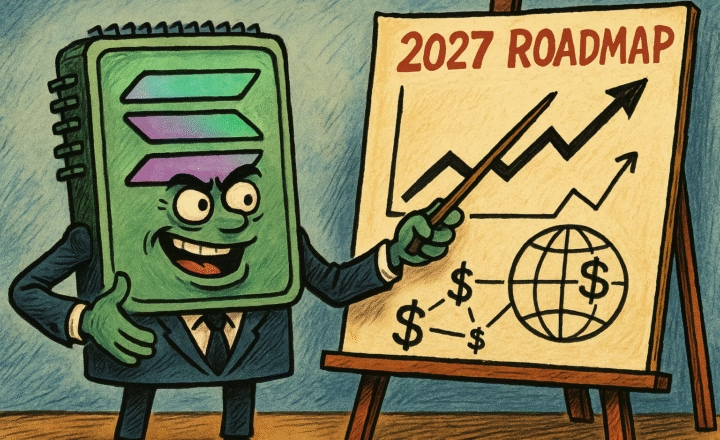From Skeptic to Supporter: Senator Jeremy Miller’s Shift on Bitcoin
Minnesota State Senator Jeremy Miller has undergone a remarkable transformation regarding Bitcoin. Once a strong skeptic, Miller has now become a firm believer in cryptocurrency and has introduced the Minnesota Bitcoin Bill, aiming to make the state one of the latest to approve Bitcoin investments.
In a March 18 statement, Miller explained his shift in perspective:
“The more I researched cryptocurrency and listened to my constituents, the more I moved from being highly skeptical to believing in Bitcoin and other digital assets.”
His newly proposed bill seeks to allow the Minnesota State Board of Investment to allocate state funds into Bitcoin and other cryptocurrencies, just as it does with traditional assets. Miller argues that this move will help promote economic prosperity for Minnesota residents by embracing digital asset investments.
Minnesota Joins Growing List of States Backing Bitcoin Reserves
According to Bitcoin Laws, several U.S. states have already introduced similar Bitcoin reserve bills, with 23 states considering legislation to establish government-held Bitcoin reserves.
Miller’s proposal includes provisions that would:
- Allow state employees to allocate Bitcoin and other cryptocurrencies to retirement accounts.
- Enable residents to pay state taxes and fees in Bitcoin, a policy already implemented in Colorado and Utah. Louisiana also accepts cryptocurrency for select state services.
- Exempt investment gains from Bitcoin and other cryptocurrencies from state income tax.
Currently, in the U.S., taxpayers can deduct up to $10,000 in state and local taxes from their federal tax liability. However, amounts exceeding that threshold are subject to both state and federal taxation.
The Influence of the Strategic Bitcoin Reserve Bill
The rise in state-level Bitcoin reserve proposals follows the Strategic Bitcoin Reserve Bill, introduced by Senator Cynthia Lummis in July 2024. This bill directs the U.S. federal government to purchase 200,000 Bitcoin annually over the next five years, totaling 1 million BTC.
On March 12, Lummis introduced an updated version of the bill, proposing that the government be allowed to hold over 1 million Bitcoin as part of the newly established federal reserves.
Bitcoin’s Performance Outpaces Traditional Assets
Bitcoin has demonstrated significant long-term gains compared to traditional financial assets.
According to Curvo’s financial data, from August 2011 to January 2025, Bitcoin achieved an average annual compound growth rate of 102.36%, while the S&P 500 posted a much lower 14.83% over the same period.
With increasing institutional interest in Bitcoin, state lawmakers across the U.S. are beginning to reconsider digital assets as a viable investment option. If the Minnesota Bitcoin Bill passes, it could further cement Bitcoin’s role in state financial strategies and set a precedent for other regions looking to embrace cryptocurrency.












